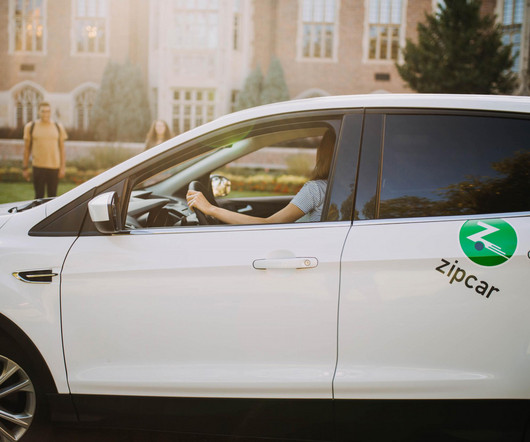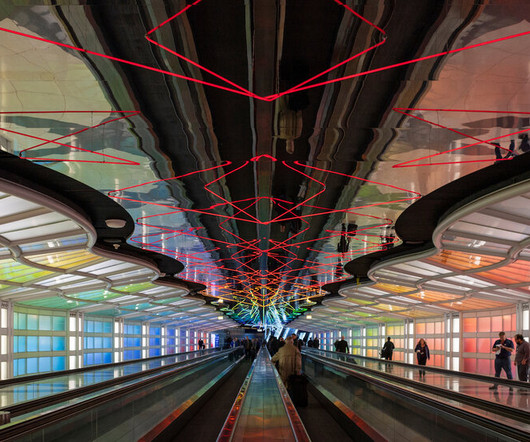Prototype PNNL, UW webapp predicts parking space availability for delivery drivers
Green Car Congress
MAY 13, 2021
A collaboration between Pacific Northwest National Laboratory (PNNL) and the University of Washington’s Urban Freight Lab has developed a prototype webapp that combines smart sensors and machine learning to predict parking space availability. —Giacomo Dalla Chiara, a postdoctoral scholar from the Urban Freight Lab.













Let's personalize your content